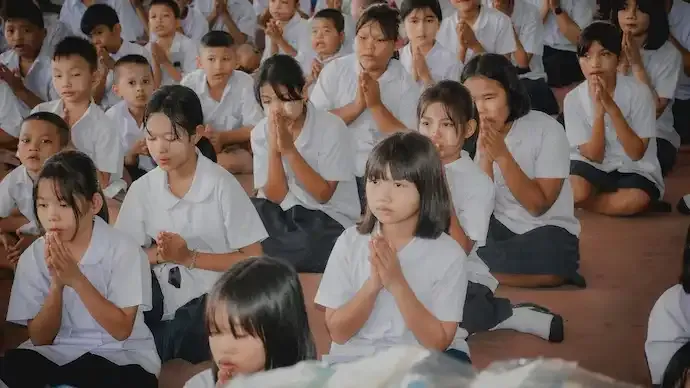Shopping cart
Your cart empty!
Terms of use dolor sit amet consectetur, adipisicing elit. Recusandae provident ullam aperiam quo ad non corrupti sit vel quam repellat ipsa quod sed, repellendus adipisci, ducimus ea modi odio assumenda.
Lorem ipsum dolor sit amet consectetur adipisicing elit. Sequi, cum esse possimus officiis amet ea voluptatibus libero! Dolorum assumenda esse, deserunt ipsum ad iusto! Praesentium error nobis tenetur at, quis nostrum facere excepturi architecto totam.
Lorem ipsum dolor sit amet consectetur adipisicing elit. Inventore, soluta alias eaque modi ipsum sint iusto fugiat vero velit rerum.
Sequi, cum esse possimus officiis amet ea voluptatibus libero! Dolorum assumenda esse, deserunt ipsum ad iusto! Praesentium error nobis tenetur at, quis nostrum facere excepturi architecto totam.
Lorem ipsum dolor sit amet consectetur adipisicing elit. Inventore, soluta alias eaque modi ipsum sint iusto fugiat vero velit rerum.
Dolor sit amet consectetur adipisicing elit. Sequi, cum esse possimus officiis amet ea voluptatibus libero! Dolorum assumenda esse, deserunt ipsum ad iusto! Praesentium error nobis tenetur at, quis nostrum facere excepturi architecto totam.
Lorem ipsum dolor sit amet consectetur adipisicing elit. Inventore, soluta alias eaque modi ipsum sint iusto fugiat vero velit rerum.
Sit amet consectetur adipisicing elit. Sequi, cum esse possimus officiis amet ea voluptatibus libero! Dolorum assumenda esse, deserunt ipsum ad iusto! Praesentium error nobis tenetur at, quis nostrum facere excepturi architecto totam.
Lorem ipsum dolor sit amet consectetur adipisicing elit. Inventore, soluta alias eaque modi ipsum sint iusto fugiat vero velit rerum.
Do you agree to our terms? Sign up

In a reaffirmation of regional and cultural autonomy, the Gorkhaland Territorial Administration (GTA) has clarified that schools in Darjeeling and Kalimpong will not be required to follow the West Bengal government’s directive mandating the singing of the state anthem, Banglar Mati, Banglar Jol, during morning assemblies.
The announcement, made a day after the state’s education board issued its directive, underscores the distinct cultural and linguistic identity of the hill districts and reflects the GTA’s authority in educational and cultural matters under its autonomous framework.
On November 6, 2025, the West Bengal Board of Secondary Education (WBBSE) issued a circular making it mandatory for all state-run and state-aided schools to include Banglar Mati, Banglar Jol — written by Rabindranath Tagore in 1905 — in their morning assembly routines alongside the National Anthem.
The directive marked the first time Bengal introduced a state anthem as a compulsory morning prayer, describing it as a measure to promote cultural pride and unity among students.
Responding to the circular, the GTA administration on November 7 instructed the District School Inspectors of Darjeeling and Kalimpong that institutions under its jurisdiction would continue their existing morning practices.
Most schools in the hill districts traditionally open their assemblies with Nepali-language prayers or institutional anthems, reflecting the community’s linguistic and cultural heritage. The GTA emphasised that these customs would remain unchanged, affirming that the state government’s directive would not apply to schools functioning under the autonomous body.
A GTA official stated that the exemption was not a form of defiance but an assertion of local identity within the framework of India’s constitutional and administrative structure. “The schools in the GTA region have their own established traditions that align with the culture and language of the people. These practices will continue,” the official said.
Following the GTA’s clarification, WBBSE officials confirmed that schools under the autonomous administration would indeed be exempt from the order, acknowledging the special governance status of the hill region.
Meanwhile, Darjeeling BJP MLA Neeraj Tamang Zimba expressed support for the exemption, saying that cultural freedom and linguistic identity must be respected. “Mandating any song or symbol cannot override the autonomy and diversity guaranteed by the Constitution. The hills have their own traditions which must be preserved,” Zimba stated.
The Gorkhaland Territorial Administration, formed in 2011 through a tripartite agreement between the Union government, West Bengal government, and the Gorkha Janmukti Morcha, was created to ensure greater autonomy in the Darjeeling hills, particularly concerning education, culture, and governance.
This exemption comes at a time when the Bengal government has sought to standardize school practices across the state. However, the GTA’s move has reaffirmed the region’s constitutional autonomy and highlighted the plurality of India’s educational and cultural landscape.
Observers note that the decision could serve as a precedent for other autonomous regions, illustrating how local identity and state policy can coexist through mutual respect and legal clarity.
As schools across Darjeeling prepare to continue their traditional morning routines, the development stands as a reminder of India’s linguistic diversity and democratic flexibility — where unity need not come at the expense of cultural individuality.
58
Published: Nov 09, 2025